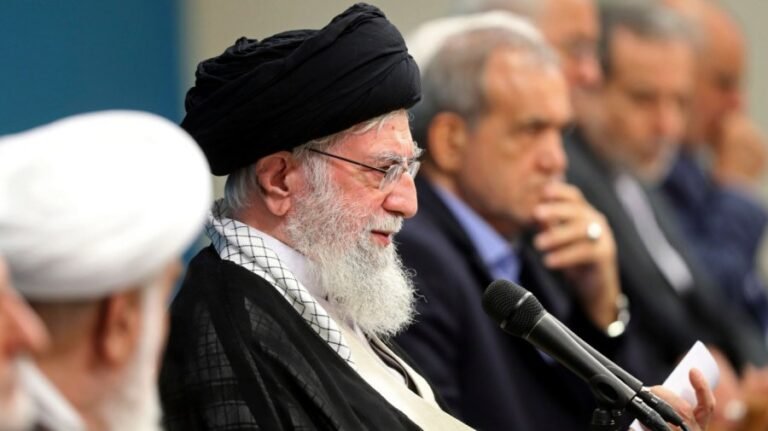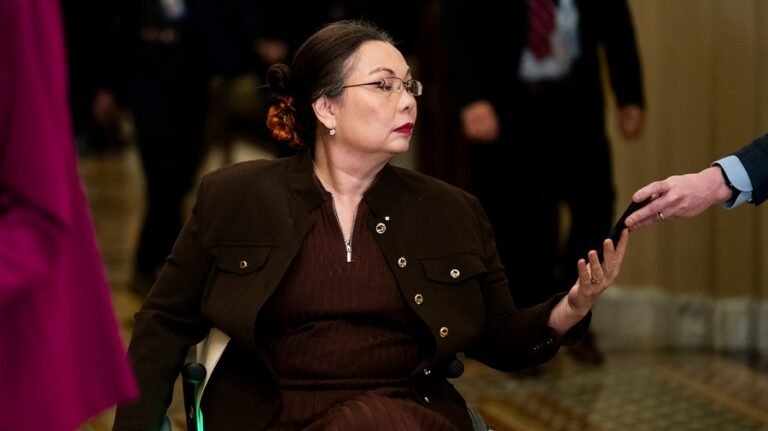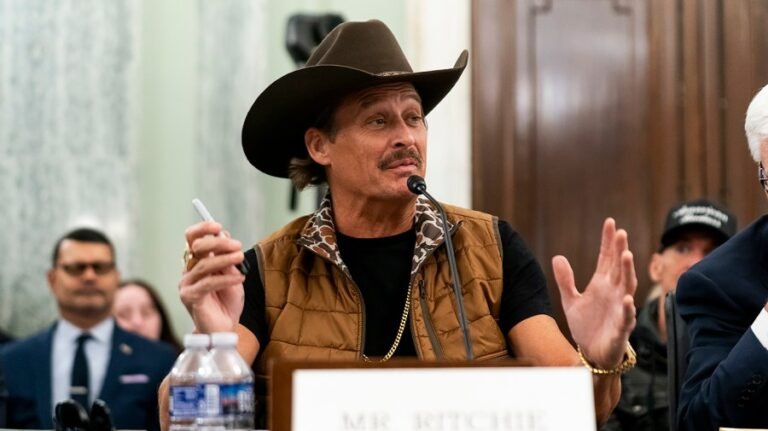Senate Finance Committee Republicans will meet with President Donald Trump at the White House on Thursday to discuss the path forward for crafting legislation to enact broad swaths of the administration’s domestic agenda.
“The president has invited us to join him tomorrow at the White House,” Senate Majority Whip John Barrasso (R-Wyo.), who sits on the panel, told reporters Wednesday.
“We’re going to discuss the next steps in terms of trying to do what we promised to do – get America back on track, secure the border, unleash American energy, American peace through strength and making sure we prevent a $4 trillion tax increase,” Barrasso added about the meeting.
Senate Finance Committee Republicans are expecting to use the sit-down with Trump to discuss some of their biggest sticking points as well as how to get on the same page with House Republicans — a critical step if they are ever going to get a bill to Trump’s desk.
“What we have to do is start recognizing that there are some differences and priorities between the House and Senate,” said Sen. Thom Tillis (R-N.C.), adding that Trump and his advisers need to play a role in helping to “reconcile” the two chambers.
Another Republican granted anonymity to discuss the agenda for a private meeting said one topic of the conversation will be whether to use the so-called current policy baseline to extend Trump’s 2017 tax cuts. That accounting method would make it appear as though extending those tax cuts costs nothing.
Senate Republicans believe a current policy baseline would make it much easier to ensure Trump’s expiring tax cuts are made permanent. But it’s a controversial tactic among fiscal conservatives who worry that leadership is using it to hide the cost of the party-line bill they want to pass through budget reconciliation — and reduce the need for steep spending cuts to finance that bill.
Because of those concerns, the House used a different accounting method based on current law, which assumes trillions of dollars in tax cuts expire at the end of the year.
“There’s a difference between current law and current policy. The House [used] current law. We’re wanting to go current policy,” said Sen. Markwayne Mullin (R-Okla.), who has acted as an unofficial liaison between House and Senate Republicans. “We’re trying to make the tax policy also permanent. President Trump made it very clear he wants it permanent.”
Senate Finance Committee Republicans and the conference have been discussing the issue — as well as the size of potential spending cuts — in their own closed-door meetings this week but don’t yet have a consensus on how to move forward.
The meeting with Trump comes as the House and Senate Republicans are struggling to get on the same page and are openly divided over the timeline for getting a sweeping policy bill done.
Leaders of both chambers are expected to discuss how to resolve differences between their budget resolutions in the coming weeks. The House and Senate each needs to pass the same resolution before the reconciliation process can begin in the Senate in earnest.
Senate Republicans, after initially favoring a two-track approach through reconciliation that would front-load border security, defense and energy policies in one bill before focusing on tax cuts in the next, formally switched tracks to the House GOP’s approach, which would roll those policies with tax cuts into a single piece of legislation.
But Senate Republicans are continuing to flirt with their two-bill strategy — especially if House Republicans aren’t able to meet their self-imposed April timeline for getting a bill across the finish line in that chamber.
“There are urgent needs at the border. … In terms of the taxes, those aren’t scheduled to change until the end of the year,” Barrasso said, while noting he wants to get all of their legislative work done as soon as possible.


